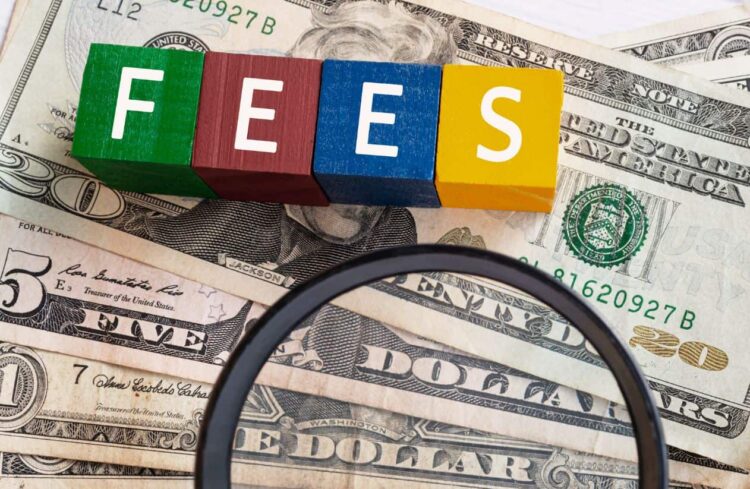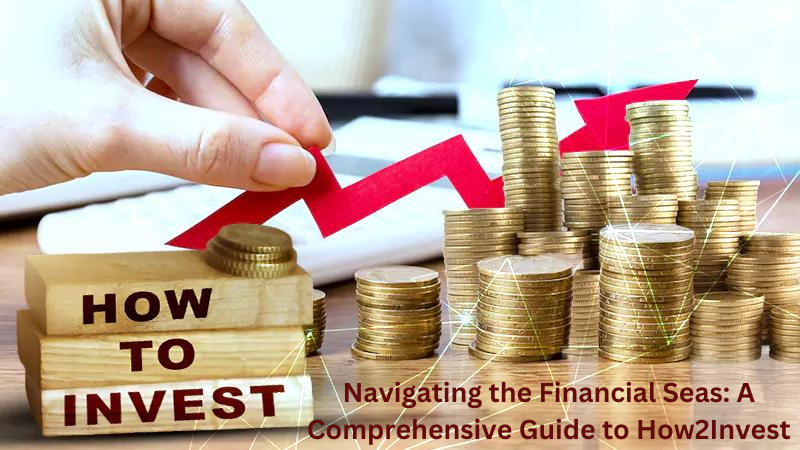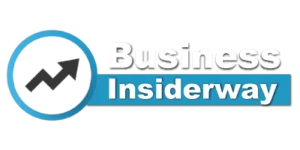Why Speaker Fees Matter for Events
Booking a renowned speaker for an event can do more than fill a time slot—it elevates the entire experience for attendees by sharing rich stories, practical insights, and a unique outlook. Many event organizers are drawn to well-known individuals in their industry or beyond, seeking dynamic personalities who will truly resonate with the audience. Deciding which speaker to invite is only half the battle, as understanding the makeup of a speaking fee is crucial to maximizing the event’s return on investment. For example, those researching inspirational figures may consider industry experts and sports icons, carefully weighing factors like the Wayne Gretzky speaking fee and booking agent compared to other professionals, to ensure goals and budgets are aligned.
Fee transparency isn’t just a back-office issue—it directly impacts planning at every stage. Organizers who know what to expect can ensure their events run smoothly and deliver measurable value through unforgettable keynotes or workshops. Allocating an appropriate speaker budget is one of the strongest predictors of event success. Satisfied audiences are more likely to return in the future and recommend the event to others, illustrating that the right investment in a speaker can pay dividends well after the event concludes.
Main Elements of a Speaking Fee
Speaking fees are rarely one-size-fits-all, especially at the professional tier. Event planners will find that these fees are shaped by several indivisible elements, each contributing to the final amount quoted. The base appearance fee typically constitutes the bulk of the cost, reflecting the speaker’s profile, the expected draw for the audience, and the depth of content offered. It’s a payment for not only the speaker’s time on stage, but also their years, sometimes decades, of accumulated experience and wisdom.
- Base Appearance Fee: This is the core charge for the keynote, workshop, or presentation. It usually scales with the speaker’s notability, subject expertise, and demand.
- Travel and Lodging: For speakers traveling from out of town, these costs may be included or itemized separately to reflect flight, hotel, and transportation expenditures.
- Preparation and Customization: Developing a compelling, tailored message often requires days or weeks of in-depth audience research, story crafting, and practice—an investment reflected in speaking fees.
- Performance Rights: If an organizer wishes to record or broadcast the presentation, additional licensing fees frequently apply to protect the speaker’s intellectual property and earning potential elsewhere.
- Additional Services: Beyond the main speaking engagement, value-adds like interactive Q&A sessions, workshops, or private meetings can enhance the experience—and increase costs.
Understanding this cost structure allows planners to compare speakers accurately and ensures that what is delivered matches what was envisioned.
Travel and Accommodation Expenses
Event planners often need to consider logistical costs associated with bringing a speaker to their event’s location, which can range significantly based on distance, travel class preferences, and timing. Some speakers, especially those frequently on the move, offer flat, all-inclusive rates to simplify budgeting for organizers. Others require detailed reimbursement for travel outlays, including airfare, hotel accommodations, meals, and ground transportation. This approach relies on transparency and mutual trust, and can be especially helpful when event cities offer corporate hotel rates or preferred vendor agreements.
Recent meeting planner surveys show that travel-related costs can represent up to 20% of the total speaker budget for national or international events. Elite speakers often require business or first-class travel, while VIPs may have unique requirements for comfort and security. Regardless, these costs should be explicitly defined and agreed upon in advance, with clear documentation for additional expenses to prevent confusion or disputes.
Preparation Time and Customization
No two audiences are identical, and top speakers pride themselves on delivering customized content that speaks to the heart of each event. Preparation goes far beyond reviewing a slide deck; it often involves deep research into the host organization’s values, current industry trends, and unique challenges facing attendees. Some speakers conduct interviews with organizational leaders or survey attendees in advance to create highly tailored, memorable experiences.
This behind-the-scenes investment can represent days, if not weeks, of effort, particularly for high-profile events or fields requiring technical precision. When organizers request specific topics, mashup presentations, or require the speaker to embed the event’s strategic themes, fee adjustments typically reflect these expectations. Providing speakers with comprehensive briefings and clear objectives early on helps them fine-tune their content and, ultimately, deliver exceptional value.
The Role of Q&A, Meet-and-Greets, and More
Thriving events are as much about participation as they are about presentation. Savvy planners understand that value often extends beyond the keynote slot itself. Speaker appearances at informal networking sessions, meet-and-greets, and book signings offer attendees unique access to high-caliber guests, allowing for deeper engagement and lasting memories. For VIP or influencer-level speakers, these moments can increase enthusiasm, generate valuable social media content, and boost satisfaction scores.
Some presenters may include basic Q&A or signing sessions in their standard offering, while others treat these as premium add-ons. Each extra appearance—whether a closed-door roundtable or participation in an executive lunch—should be spelled out in advance, complete with time estimates and cost implications. Clear communication up front is the key to avoiding misunderstandings and making the most of every speaker’s presence at the event.
Hidden or Extra Costs to Watch For
Even the best-laid plans can be derailed by unexpected charges, so attention to detail is critical. Planners should ask questions to uncover costs that might otherwise fall through the cracks, such as fees for AV equipment preferences, extra meals, branded collateral, extended stays, or overage on allotted session time. It’s also best practice to discuss policies around event rescheduling, cancellations, or force majeure situations that might incur financial penalties.
- Clarify meal and transit inclusion in the contract.
- Agree in writing on rights for recording and distribution.
- Define all extra workshop or coaching session costs.
- Include cancellation and change policy details in all agreements.
A detailed, itemized contract is the event planner’s safeguard, leaving nothing to ambiguity and significantly reducing budgetary risk.
Tips for Negotiating a Speaking Fee
- Start with a Clear Budget: Communicate your range and event needs early, so both parties know what’s feasible.
- Ask for Breakdowns: Requesting detailed line items illuminates what’s included and supports side-by-side comparisons.
- Explore Virtual Options: If the speaker is fully remote or hybrid, verify whether alternate rates are available. Many speakers now offer flexible digital packages.
- Bundle Wisely: Ask if the speaker can include multiple value-adds, like book signings or panels, in the base fee for more ROI.
- Be Respectful and Transparent: Fair negotiations, when done openly, often lead to more positive long-term partnerships for future events.
When in doubt, experienced intermediaries or agents can help facilitate complex negotiations, acting as a buffer and helping both parties align interests effectively.
Industry Perspectives on Fee Structures
As events have shifted dramatically over the past decade, with the rise of hybrid, digital, and highly interactive formats, speaking fees have become increasingly nuanced. Some well-known speakers maintain fixed, non-negotiable fees, but many others embrace new, more flexible models for diverse audiences and platforms. According to authoritative industry sources, transparency around fees has improved, especially as planner expectations evolve and digital experiences gain traction. Speakers today may offer add-ons such as virtual breakout sessions or downloadable resources, providing more granular control over the final fee structure.
Ultimately, a speaker’s fee structure reflects their unique blend of experience, stage presence, and value delivered to an audience. Staying current on trends and industry best practices equips event planners to book speakers confidently, ensuring the investment enhances each event in a lasting, positive way.














